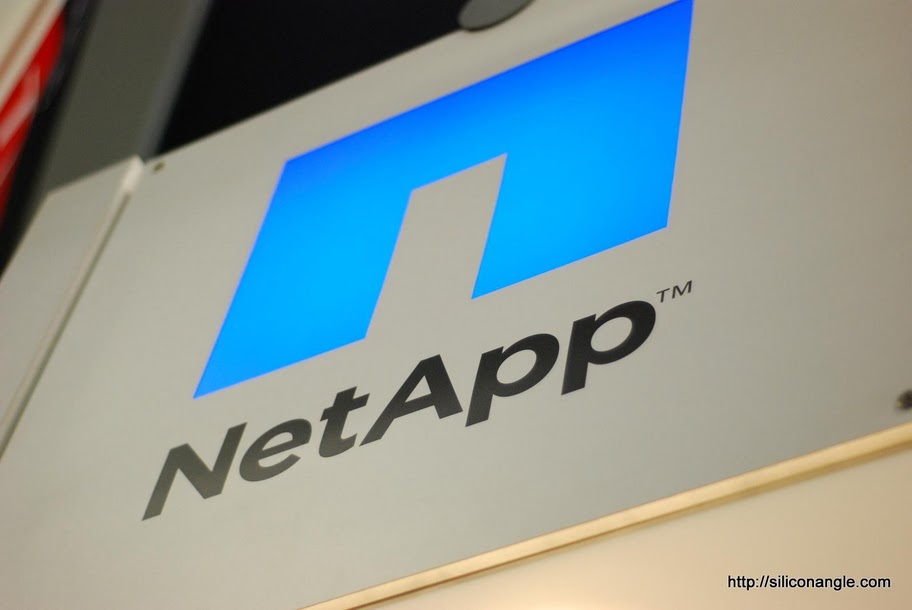 NEWS
NEWS
 NEWS
NEWS
 NEWS
NEWS
![]() Amid technology companies being implicated in oppression and censorship, U.S. lawmakers are seeking an investigation against NetApp for their potential role in Internet-surveillance infrastructure being raised in Syria after the recent political upheaval.
Amid technology companies being implicated in oppression and censorship, U.S. lawmakers are seeking an investigation against NetApp for their potential role in Internet-surveillance infrastructure being raised in Syria after the recent political upheaval.
A recent article in Bloomberg reveals that Mark Kirk (R-Illinois) and Robert Casey (D-Pennsylvania) have sought action from the departments of State and Commerce to investigate the actions of two U.S. companies in light of their technology being used for human rights violations and censorship in Syria. The letter would add NetApp to the growing list of companies whose technology is being leveraged by oppressive governments including Cisco, Blue Coat, and Huawei.
“I find it unconscionable that a U.S.-based company’s technology is being sent to Syria to help spy on peaceful citizens,” said Representative James McGovern (D-Massachusetts.) Explaining in a release that he has instructed his staff to probe into NetApp’s involvement with Syria and how their technology might have been leaked from the U.S. in spite of sanctions against the government regime that currently controls the country.
NetApp joins Blue Coat, the second U.S. company being implicated in these investigations, for having Internet surveillance and censorship technology exported from the U.S. to appear in an embargoed country. The U.S. has banned most American trade with Syria except for food or medicine for humanitarian reasons since 2004.
When confronted about the discovery of their technology in use within Syria by Telecomix, a group of technology activists, Blue Coat quickly went to the press releases to state that the equipment must have been re-sold from a 3rd party. Blue Coat denies any contracts with Syria and any implications that they might have broken export laws to the country. On their website they have stated that the equipment had been “transferred illegally” and that they are making an internal investigation of their organization to determine how their product might have been leaked across borders.
NetApp’s involvement is still murky; but the company is swinging its PR machine into full gear in the wake of obvious public backlash against U.S. companies allowing their technology to fall into the hands of oppressive governments with human rights violations marring their public face.
“NetApp does not condone the location or use of its products in Syria,” said Jodi Baumann, NetApp’s senior director for corporate communications, in an e-mailed statement to Bloomberg. “We are engaged in a vigorous effort to determine what the true facts are. We have also notified the U.S. government about the Bloomberg article and offered our full assistance.”
The equipment used in Syria had been sold to Italian company Area. The NetApp products appears in blueprints for the Internet-surveillance being implemented in Syria as early as March 11, 2010. The SEC investigated the company and sent a letter on March 18, completing its review without incident. The agency had looked into NetApp after reports that the company might have operations in sanctioned companies such as Syria, Iran or Sudan.
“In compliance with its policies and procedures, the company does not knowingly provide any products, technologies, services, or financial support to the sanctioned countries,” NetApp said in its response.
Numerous human rights activist groups are calling for companies like NetApp and other U.S. companies to suspend operations with any company who work with Syria.
THANK YOU